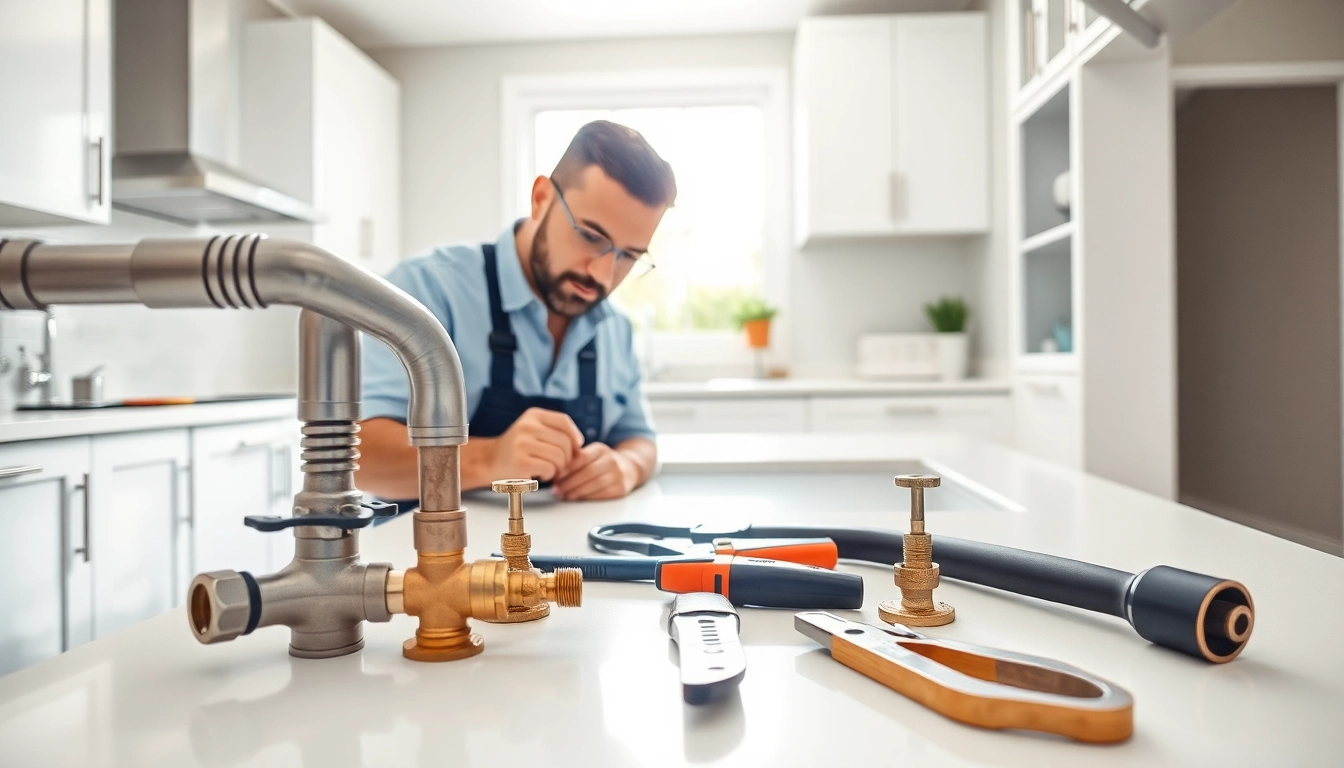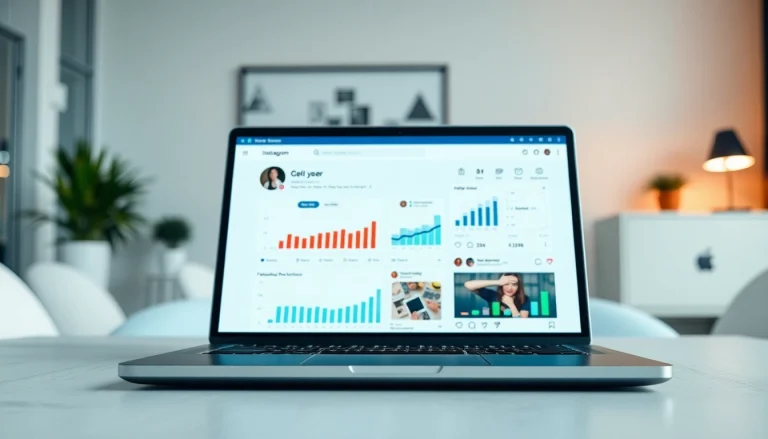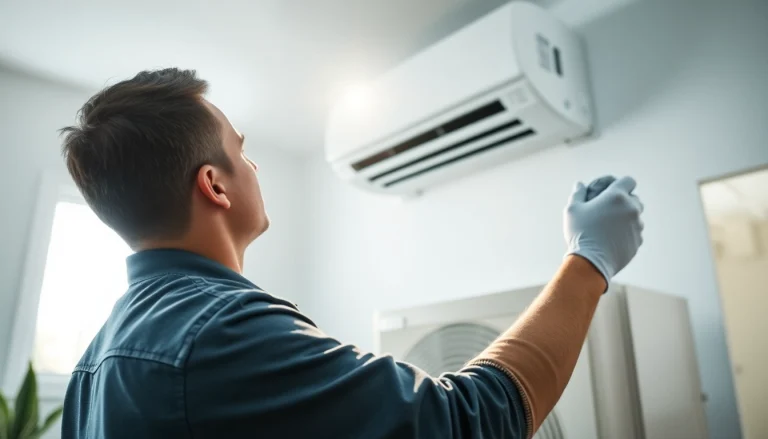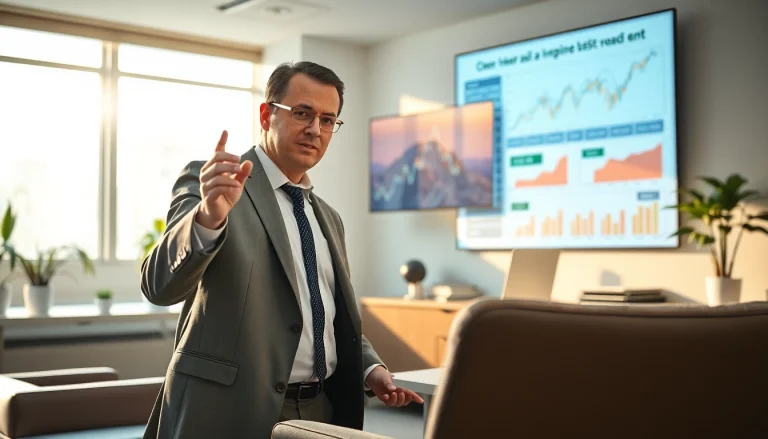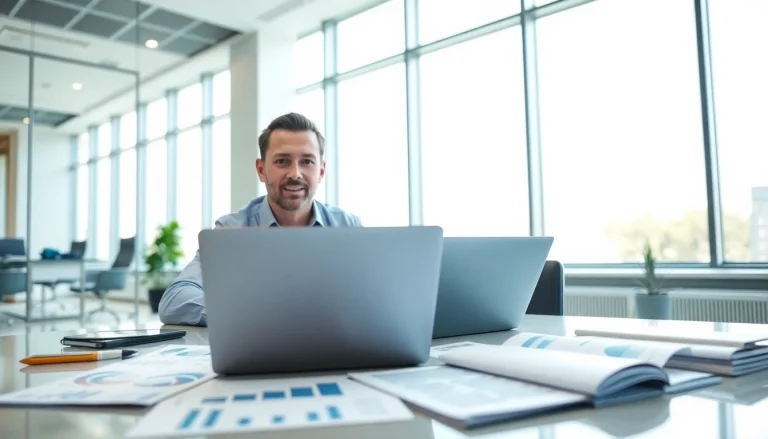Understanding the Basics of Plumbing
What is Plumbing?
Plumbing is a fundamental aspect of modern households, playing a vital role in our everyday lives. It is defined as any system that conveys fluids from one location to another, facilitating the efficient use of water for various applications. Plumbing systems are responsible for bringing clean water into our homes and removing waste fluids. This intricate network encompasses a variety of components, including pipes, valves, plumbing fixtures, and appliances. Understanding plumbing is essential not only for homeowners but for anyone interested in how our buildings function. For those needing assistance, local professionals available through plumbing services can be invaluable.
Essential Plumbing Components
The plumbing system of a home consists of several crucial components that work together to manage the inflow and outflow of water. Some of the key components include:
- Pipes: These are the conduits that carry water throughout a building. They come in various materials, such as copper, PVC, and PEX, each with its advantages and disadvantages.
- Valves: Valves control the flow of water within the plumbing system. They allow for the regulation and shutdown of water flow when necessary.
- Fixtures: Plumbing fixtures are the devices that deliver water for everyday use, such as sinks, toilets, showers, and bathtubs.
- Water Heaters: These appliances heat water for various uses, including bathing, cooking, and cleaning.
- Drainage Systems: Responsible for removing wastewater from the property, drainage systems must be well-designed to prevent backflow and flooding.
Common Plumbing Systems in Homes
Most homes feature two primary plumbing systems: the potable water system and the drainage, waste, and vent (DWV) system. The potable water system provides clean water for drinking and cooking, sourcing water from municipal systems or private wells. This system is designed to maintain water pressure, often enhanced through pumps and pressure tanks.
Conversely, the DWV system is designed to safely remove wastewater and prevent the buildup of harmful gases. It relies on gravity to transport waste through pipes to either a municipal sewer system or a septic tank. Proper venting is crucial to ensure that sewage gases are expelled safely into the atmosphere.
Key Plumbing Techniques for Homeowners
DIY Plumbing Repairs and Maintenance
While many plumbing issues necessitate professional attention, there are several repairs and maintenance tasks that homeowners can effectively manage themselves. Common DIY projects include:
- Fixing Leaks: Small leaks can often be addressed by tightening connections, using plumber’s tape, or replacing washers in faucets.
- Clearing Clogs: A plunger or a plumbing snake can often resolve minor clogs in sinks and toilets without professional assistance.
- Replacing Fixtures: Swapping out old faucets or showerheads is a straightforward project that can enhance the bathroom’s aesthetics.
- Regular Maintenance: Regularly checking for leaks and inspecting pipes can help catch problems early and prevent costly repairs.
When to Call a Professional Plumber
Despite the DIY approach, certain plumbing issues require the expertise of a licensed plumber. Complex problems that might warrant professional help include:
- Major Leaks: Large leaks can cause significant water damage and mold growth, necessitating immediate professional help.
- Clogged Drains: Persistent clogs or those in the main sewer line should be addressed by professionals using specialized equipment.
- Pipe Replacement: If old pipes need replacement, a professional can ensure the job is done correctly and according to local codes.
- Gas Line Issues: Any issues involving gas lines should always be handled by trained professionals to prevent hazards.
Understanding Plumbing Codes and Standards
Plumbing codes and standards are essential regulations that govern the installation and maintenance of plumbing systems. These codes are designed to protect public health and safety by ensuring that all plumbing work meets consistent quality and performance criteria. Homeowners should familiarize themselves with local plumbing codes and standards to avoid violations that can lead to fines or dangerous situations. Compliance helps maintain good water quality and prevents hazards such as backflow and pipe bursts.
Common Plumbing Problems and Solutions
Identifying Leaks and Flooding Issues
Identifying leaks early can save homeowners from expensive repairs and significant damage. Common signs of leaks include:
- Water Stains: Discolored spots on walls and ceilings may indicate plumbing leaks.
- Musty Odors: Persistent moldy smells in certain areas can signal hidden moisture problems.
- Increased Water Bills: A sudden spike in water bills may suggest a leak somewhere in the plumbing system.
Homeowners should regularly inspect visible plumbing for signs of wear, rust, or corrosion, and use moisture detectors to monitor suspicious areas.
Dealing with Clogs and Drainage Problems
Clogs are a common plumbing issue that affects most households at some point. Regular maintenance is crucial to minimize the frequency of clogs. Homeowners should use drain screens and practice safe disposal habits, avoiding flushing items that can lead to blockages.
In cases of minor clogs, techniques such as hot water, vinegar and baking soda, or manual plunging can often resolve them. For stubborn clogs, investing in a plumbing snake may be worthwhile. However, persistent drainage problems should prompt homeowners to consult professionals, as they may require more extensive repairs.
Maintenance Tips for Plumbing Systems
Proactively maintaining plumbing systems can extend their lifespan and prevent emergencies. Here are some actionable maintenance tips:
- Winterize Pipes: In cold climates, insulating pipes can prevent freezing and bursting during winter.
- Regular Inspections: Schedule regular plumbing inspections to identify and resolve potential issues before they escalate.
- Flush Water Heaters: Regularly flushing water heaters can eliminate sediment buildup, improving their efficiency.
- Check Toilet Flappers: Replacing worn flappers can prevent water waste and leaks that lead to higher bills.
Advanced Plumbing Technologies
Innovative Plumbing Fixtures and Tools
Recent advancements in plumbing technologies have introduced innovative fixtures and tools that enhance efficiency and convenience. Some noteworthy developments include:
- Low-Flow Fixtures: Low-flow toilets and faucets reduce water consumption without sacrificing performance, making them environmentally friendly options.
- Smart Showers: These fixtures allow users to customize water temperature and flow via apps or voice commands, enhancing convenience.
- Automatic Leak Detectors: These devices alert homeowners to leaks via smartphone notifications, allowing for quick action to prevent damage.
- Tankless Water Heaters: Tankless systems heat water on demand, reducing energy usage and providing an endless supply of hot water.
The Impact of Smart Home Technology on Plumbing
Smart home technology is becoming increasingly integrated with plumbing systems, offering homeowners greater control and monitoring capabilities. Some examples of how smart technology impacts plumbing include:
- Remote Monitoring: Smart water meters allow homeowners to monitor water usage in real time, empowering them to identify abnormalities and reduce waste.
- Automated Scheduling: Homeowners can schedule plumbing tasks, such as watering gardens or filling bathtubs, to optimize water usage further.
- Leak Alerts: Smart systems can send instant alerts to smartphones, enabling immediate action to mitigate leak damage.
Energy Efficiency in Plumbing Solutions
Energy efficiency is a growing concern in the plumbing industry, with a focus on reducing consumption without sacrificing performance. To achieve energy efficiency, consider these solutions:
- Insulating Pipes: Insulating exposed pipes can minimize heat loss, particularly in hot water systems, resulting in lower energy bills.
- Using Energy Star Appliances: Energy Star-rated water heaters and fixtures help reduce water and energy consumption significantly.
- Upgrading to High-Efficiency Systems: Investing in high-efficiency plumbing fixtures saves water and reduces the overall carbon footprint.
The Future of Plumbing Services
Trends Shaping the Plumbing Industry
The plumbing industry continues to evolve with emerging trends that influence how services are provided. Some key trends include:
- Sustainability: There is a growing demand for sustainable plumbing practices that minimize environmental impact and conserve resources.
- Smart Technology Integration: The integration of smart home technologies is shaping the way plumbing services are delivered and monitored.
- Remote Services: Video consultations and remote diagnostics are becoming popular as homeowners seek convenient solutions for minor plumbing issues.
Emerging Plumbing Technologies
Emerging technologies are set to redefine service delivery in the plumbing industry. Innovative solutions such as trenchless technology for pipe repairs promote less invasive methods, minimizing disruption and landscape damage. Advanced camera systems enable plumbers to conduct thorough inspections without excavation, providing greater accuracy in diagnosing issues.
Best Practices for Sustainable Plumbing
As sustainability becomes increasingly important, homeowners and professionals alike are adopting best practices in plumbing. Some practical recommendations include:
- Utilizing Rainwater Harvesting: This system captures rainwater for irrigation and non-potable uses, reducing dependency on municipal water sources.
- Implementing Greywater Systems: Greywater recycling systems allow the reuse of water from sinks and baths for irrigation, further conserving water.
- Promoting Education: Educating homeowners on responsible water use and plumbing maintenance can foster a culture of conservation.
